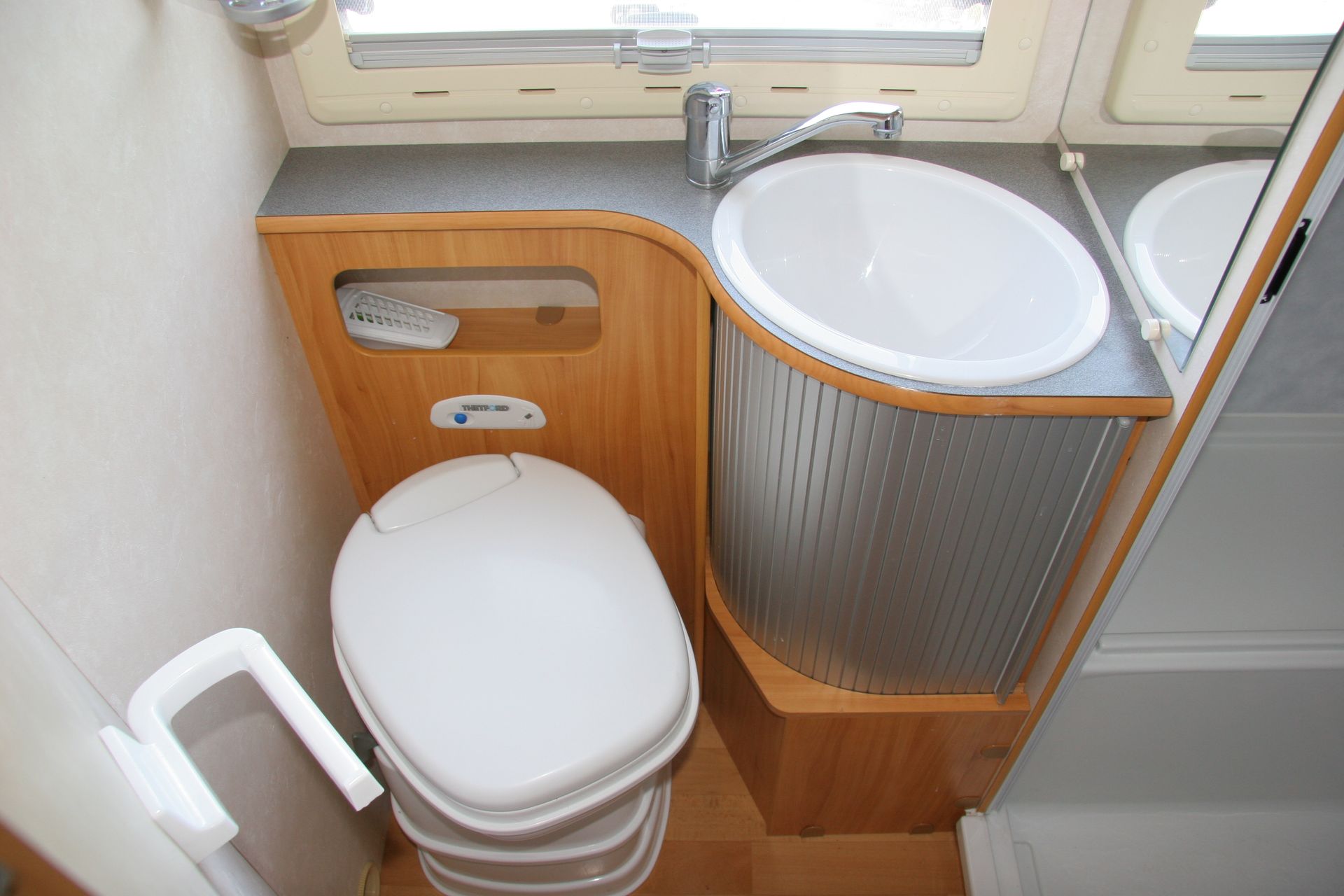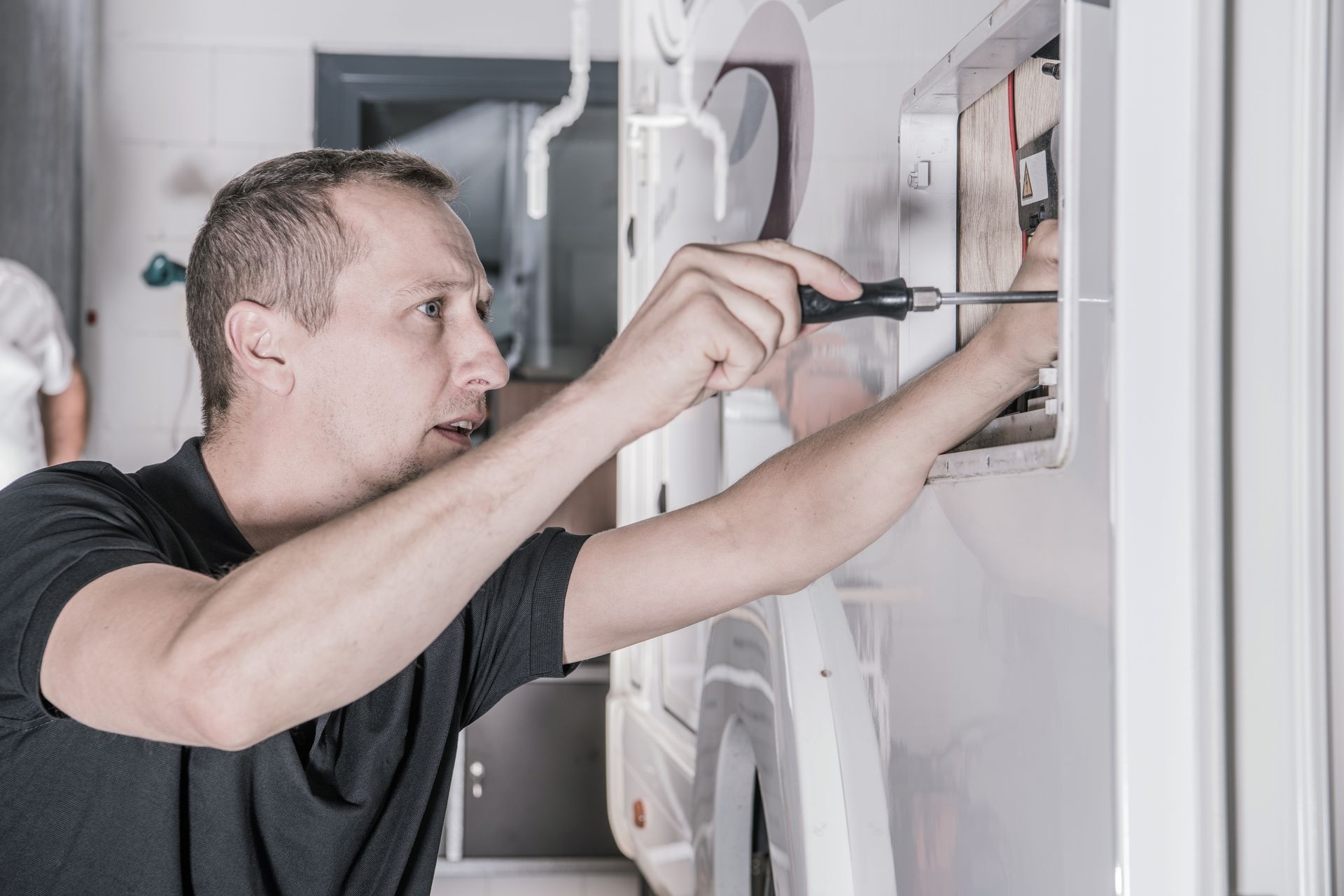Power Choices for Your RV: Knowing the Difference Between Inverters and Converters
Understanding your RV's power system is essential to ensuring a smooth and enjoyable trip. Two crucial components that often confuse RV owners are inverters and converters. These play vital roles in your RV's electrical system, but they serve markedly different purposes. Let's delve into the details to help you make an informed decision about your RV's power choices.
What are Inverters?
An inverter is a device that converts direct current (DC) power into alternating current (AC) power. RV batteries supply DC power, but many of the appliances you use - like your microwave, TV, and refrigerator - need AC power to function. That's where an inverter comes into play.
We typically use two types of inverters: pure sine wave inverters and inverter chargers. Inverter chargers cost more but have better capabilities to run larger appliances such as your AC and microwave. While it is possible to run your AC off of battery and inverters, it is costly and not practical for most set ups.
What are Converters?
A converter, on the other hand, does the opposite of an inverter. It converts AC power into DC power. When you plug your RV into a power source at a campground (shore power) or a generator, the power you're receiving is AC power (or 120v). However, your RV's battery and certain equipment like interior lights, furnace, circuit board and the water pump run on DC power. That's when a converter becomes necessary.
How to Choose Between an Inverter and a Converter
Now that you understand the basic functions of an inverter and a converter, you might be wondering which one you need for your RV. The answer depends on your specific needs and the types of appliances you want to run.
If you plan on using appliances that require AC power while you're not hooked up to a power source, you will need an inverter. For example, if you want to watch TV or make a cup of coffee while boondocking, an inverter is a must.
On the other hand, if you're always hooked up to a power source when using your AC appliances, you may not need an inverter at all. But remember, a converter is essential to charge your RV's battery and power your DC devices when you're plugged into an AC power source.
The choice between an inverter and a converter depends on your RV lifestyle and power requirements. Keep in mind that many RVs will require both to cater to all power needs. By understanding the differences between these two devices, you can make informed decisions and ensure a successful RV trip.
At Trailer Brothers, we're always here to help you navigate your RV power choices. Our team of experts can guide you through the process and recommend the best solutions based on your specific needs. Contact us today for further assistance with your RV power system. Let us help you make your RV journey a smooth and enjoyable experience.










